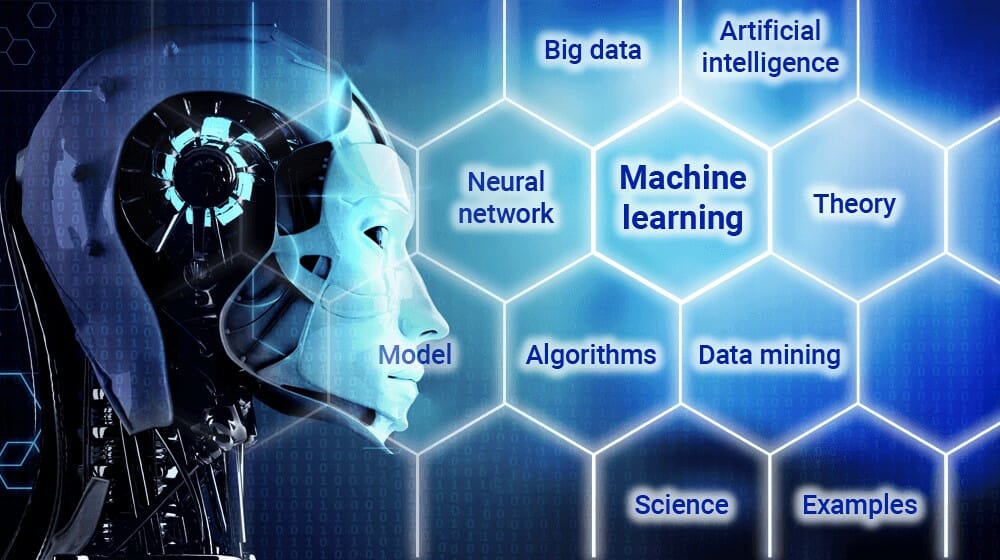In today's dynamic business environment, companies are regularly looking for innovative approaches to boost their operational effectiveness and increase general outcomes. One of the most game-changing advancements in recent years is the incorporation of artificial intelligence into human resource management. Businesses are more and more recognizing that AI technology can revolutionize recruitment by simplifying processes, boosting accuracy, and leading to superior hiring decisions.
The advantages of employing AI in recruitment are manifold. From the capability to analyze large volumes of information to finding the best candidate matches, AI tools can significantly minimize the time and workload historically linked to the hiring process. This not only provides valuable hours for HR specialists but also aids reduce prejudices, ensuring a fairer and more efficient hiring experience. As firms persist to adjust and develop, adopting AI will certainly play a pivotal part in defining the future of human resource management.
Artificial Intelligence Technologies in Hiring
AI tools have become essential in optimizing the hiring process, allowing firms to boost efficiency and refine hiring results. One of the main benefits of using artificial intelligence in hiring is its ability to analyze large volumes of data quickly. Recruiters can utilize artificial intelligence algorithms to sift through applications, finding candidates whose skills and experiences match well with the job needs. This not only expedites the first screening process but also lessens the risk of human bias that may affect decision-making.
In addition, AI-powered chatbots have changed candidate engagement during the recruitment process. These chatbots can interact with applicants in real-time, answering their questions and guiding them through the steps of the application. By providing instant responses, firms can keep candidates updated and engaged, creating a favorable candidate experience while liberating recruiters to focus on more tactical tasks.
Moreover, predictive analytics is a game-changer in hiring, enabling organizations to detect trends and predict future hiring needs. By evaluating historical data and current market conditions, AI systems can project which skills will be in demand and when to increase recruitment efforts. This forward-thinking approach allows businesses to stay ahead of the competition, ensuring they draw in and hire the best talent at the appropriate time.
Benefits of AI in HR
The application of AI in HR management brings many perks that can greatly enhance the staffing procedure. An initial key benefits is the capability to improve the selection process. AI-driven tools can swiftly sift through multitudes of CVs, identifying candidates that most match the position requirements. This effectiveness reduces the time required for initial screenings and allows HR teams to direct their efforts on more strategic tasks, eventually improving the overall recruitment schedule.
Additionally benefit of AI in HR is the improvement of decision-making through data-driven insights. AI systems can analyze extensive data collections, providing HR teams with important information about candidate performance, cultural fit, and potential employee turnover rates. By using these insights, organizations can make better choices when making selection decisions and tailor their recruitment strategies to appeal to the most suitable candidates.
Furthermore, AI can help reduce bias in the recruitment process. Traditional hiring practices can accidentally favor particular demographics, leading to a lack of variety in the staff. AI tools can be designed to evaluate candidates exclusively on their skills and credentials, thus promoting a fairer hiring process. This not only fosters a more inclusive workplace but also boosts the overall standing of the organization as an preferred employer.
Obstacles and Considerations

Although the inclusion of AI in hiring offers numerous advantages, it also presents various challenges that businesses must manage carefully. One of the key issues is the potential for discrimination in AI models. If training data is not representative of a varied employee base, the AI may inadvertently prefer certain demographics over the rest, leading to unfair hiring practices. Organizations must confirm that their AI tools are consistently evaluated and adjusted to encourage diversity and equity in candidate selection.
Another important aspect is the need for clarity in AI choices. Numerous applicants are concerned about being assessed by tools they do not know. Businesses must be ready to explain how AI tools judge candidates and give responses to assist those who may not be chosen. Encouraging machine learning builds faith with candidates but also nurtures a work environment that cherishes clear dialogue and moral standards.
Lastly, implementing AI in staffing necessitates a equilibrium between human insight and automated effectiveness. Though AI can simplify processes such as application review and preliminary checks, it is important to keep human oversight in last determinations. Recruiting is inherently a people-centered task, and excessive dependence on technology could overlook critical subjective criteria that machines cannot measure. Executives must develop a hybrid approach that leverages AI’s capabilities while making sure that human insight remains essential to staffing approaches.
